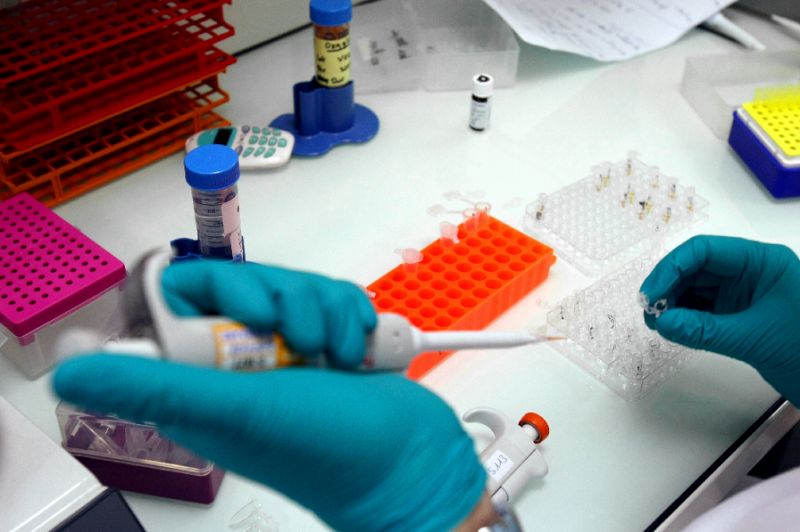Mumbai|HL
Torrent Pharmaceuticals and Temasek-backed Intas are the latest to join the race to acquire a band of products in Europe put on the block by Teva, the world’s largest generic drug maker.
The deal, said to be valued up to $1.5 billion, has seen the Hyderabad based Aurobindo Pharma emerge as one of the front runners in the initial rounds. The drug maker is currently working on ways to mop up finances for the deal, should it make the cut, three people familiar with the developments, told ET.
Teva’s decision to sell the brands in Europe is part of a larger divestiture process to combine the generics business of Allergan that it acquired last year for $40.5 billion. In compliance with the anti-competitive regulations of the US Federal Trade Commission, the Israeli drug maker last month announced an array of deals with generic companies that included Dr. Reddy’s, Impax, Mayne and Zydus Cadila. The plan to sell the products in Europe is part of the same process.
In response to queries from ET, a Teva spokesperson confirmed the company is in the process of divesting a part of its business. Intas said it cannot comment on the issue. Aurobindo and Torrent did not respond to emails sent by ET until press time.
But for the home-grown Indian companies submitting the bid, interest is the start of a tough battle and the next few weeks leading up to the finishing line will be watched closely. They are pitted against formidable global names such as Sandoz and Mylan not to leave out a few bulge bracket private equity firms that are reportedly vying for the readymade operations in Europe.
Indian companies such as Aurobindo are seeking ambitious opportunities in developed markets to keep up with the growth momentum recorded in the last few years. Despite intermittent supply disruptions caused by US FDA’s actions at its manufacturing sites, Aurobindo has more than doubled its revenue base from `5,855 crore in 2012-13 to Rs 13,896 crore in FY16, a CAGR of 33 per cent.
“Although European pharma sector has experienced a long phase of slow growth, the demographics are compelling and margins on products sustain over a longer time and has a higher loyalty track record as compared to the US where rapid price erosion and generic substitution dent performances,” a senior industry source said. Referring to the Teva products on sale, he said, the UK alone is likely to form a large chunk of the overall revenues but declined to divulge the actual numbers. Rough estimates of the sale by analysts put it at around $1 billion.
Over its earnings call in May, Aurobindo managing director N Govindarajan had hinted that “anything which fits our (the company’s) strategy, we will always evaluate,” but stayed away from sharing specifics.
The deal, if successful, will fit into Aurobindo’s growth plans. Two years ago, the company had acquired the European business of the erstwhile Acatavis. While in the initial phases of the acquisition, the business had incurred losses, it was turned profitable over the last three quarters, company executives disclosed to investors. Within Europe, Aurbindo focuses on markets like France, Germany, Netherlands, the UK, Portugal and Italy. Its revenues from Europe stood at Rs 3,130 crore for the last financial year.
For Ahmedabad-based Torrent, a large acquisition will help push its global sales from the $1 billion-mark it achieved during FY16. Like Aurobindo, Torrent executives had hinted at being open to bid for larger deals. Torrent’s executive director for international operations Sanjay Gupta had noted in May that the strength of the organization and its financials allowed the company to realistically seek out larger acquisitions. He had, however, underlined that the “sweet spot” for Torrent is $300-600 million. The company has been among the most aggressive bidders for assets that can help accelerate its business in developed markets. Torrent was associated with bidding interest for Hyderabad-based Gland Pharma but the company is known to have dropped off from the process.
The European generics market is less preferred by Indian drug makers as compared to the US mostly due to the heterogeneous healthcare systems followed by different countries and a large reliance on tender-based procurement. But the demographics point to a clear opportunity for players who have vertically integrated manufacturing capabilities.










